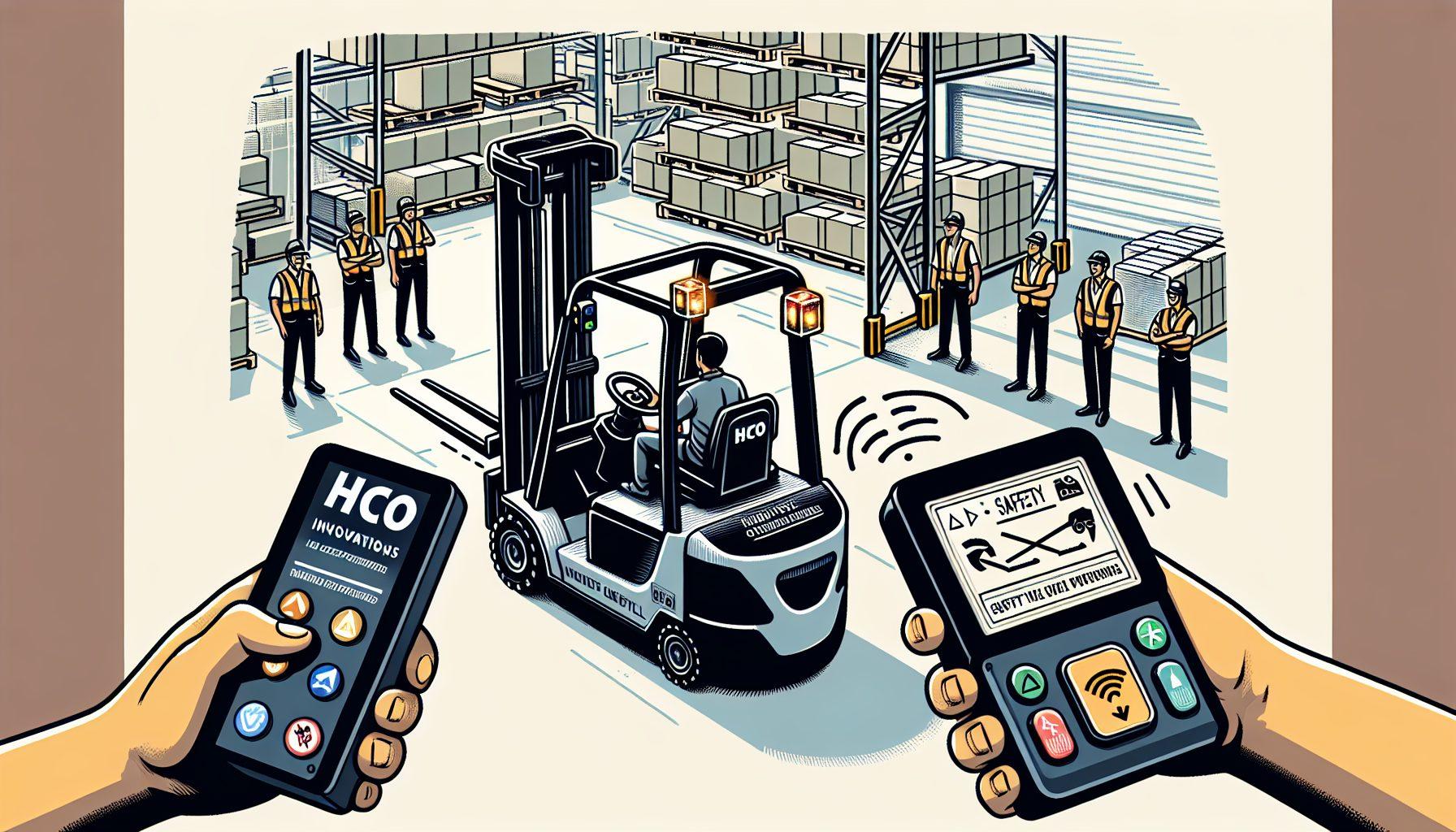When it comes to warehouse operations, safety is paramount. This holds true whether the operations are carried out onsite or remotely. In recent years, with the advancements in technology, many warehouses are adopting remote operations to increase efficiency and reduce costs. One crucial aspect of remote warehouse operations is forklift safety. Forklifts are an essential tool in any warehouse, and maintaining safety standards is crucial to prevent accidents and injuries.
The Importance of Forklift Safety
Forklifts are powerful and versatile machines used for lifting and moving heavy loads in warehouses. However, their potential for accidents and injuries cannot be ignored. According to the Occupational Safety and Health Administration (OSHA), forklift accidents account for a significant number of workplace injuries every year.
When working remotely, the need for robust forklift safety measures is even more critical. Remote operations involve using technologies such as cameras, sensors, and remote control systems to operate forklifts. While this offers convenience and flexibility, it also presents unique challenges when it comes to ensuring safety.
Here are some key factors to consider for maintaining forklift safety in remote operations:
1. Proper Training and Certification
Before operating a forklift in a remote setting, employees should receive comprehensive training on forklift operations and safety protocols. Training should cover topics such as forklift operation, load handling, pre-operation inspections, and safe driving techniques.
It is essential to ensure that all operators are properly trained and certified to operate a forklift. Regular refresher training and evaluation should also be conducted to keep operators updated on best practices and identify any skill gaps that need to be addressed.
Warehouse safety evaluations can help identify areas that need improvement in terms of training and certification requirements for forklift operators.
2. Remote Monitoring Systems
In remote operations, having remote monitoring systems in place is crucial for maintaining forklift safety. These systems allow supervisors or managers to monitor forklift operations in real-time and detect any potential safety issues.
Remote monitoring systems can involve technologies such as GPS tracking, video surveillance, and sensors. They can provide valuable insights into operators’ behaviors and identify any unsafe practices, enabling timely intervention and corrective actions.
3. Communication and Collaboration
Effective communication and collaboration are essential for ensuring forklift safety in remote operations. Clear communication channels should be established between forklift operators, supervisors, and other warehouse personnel.
In addition to standard communication methods such as phone calls or radios, utilizing digital tools and apps can enhance communication efficiency. These tools can enable instant messaging, real-time updates, and notifications, ensuring that everyone stays informed about any changes in operational procedures or safety guidelines.
4. Regular Maintenance and Inspections
Regular maintenance and inspections are crucial for keeping forklifts in optimal working condition. This is true for both onsite and remote operations. Establishing a preventive maintenance schedule helps identify and address any potential issues before they lead to accidents or breakdowns.
In remote operations, remote diagnostics and monitoring systems can be utilized to monitor forklift conditions and performance. These systems can alert the maintenance team about any maintenance requirements, ensuring timely attention to prevent any safety risks.
5. Ergonomics and Operator Comfort
Ergonomics plays a significant role in ensuring forklift safety and operator comfort. Remote operations can introduce additional challenges in this aspect, as operators may have limited visibility or physical contact with the equipment.
Proper forklift design, including visibility aids and ergonomic features, can support safe operations. Regular ergonomic assessments can help identify any improvements needed to minimize operator fatigue and discomfort.
Providing appropriate training on ergonomic practices and encouraging operators to take regular breaks can also contribute to maintaining a safe and healthy work environment.
Overall, forklift safety should be a priority in remote warehouse operations. By implementing comprehensive training programs, utilizing remote monitoring systems, promoting effective communication, ensuring regular inspections and maintenance, and focusing on ergonomics, warehouses can enhance forklift safety and reduce the risk of accidents.
At HCO Innovations, we offer comprehensive warehouse optimization solutions that focus on enhancing safety, productivity, and efficiency. Our warehouse safety evaluations can help identify areas for improvement and provide tailored recommendations to enhance forklift safety in remote operations. Contact us today to learn how we can help your warehouse operations thrive!

